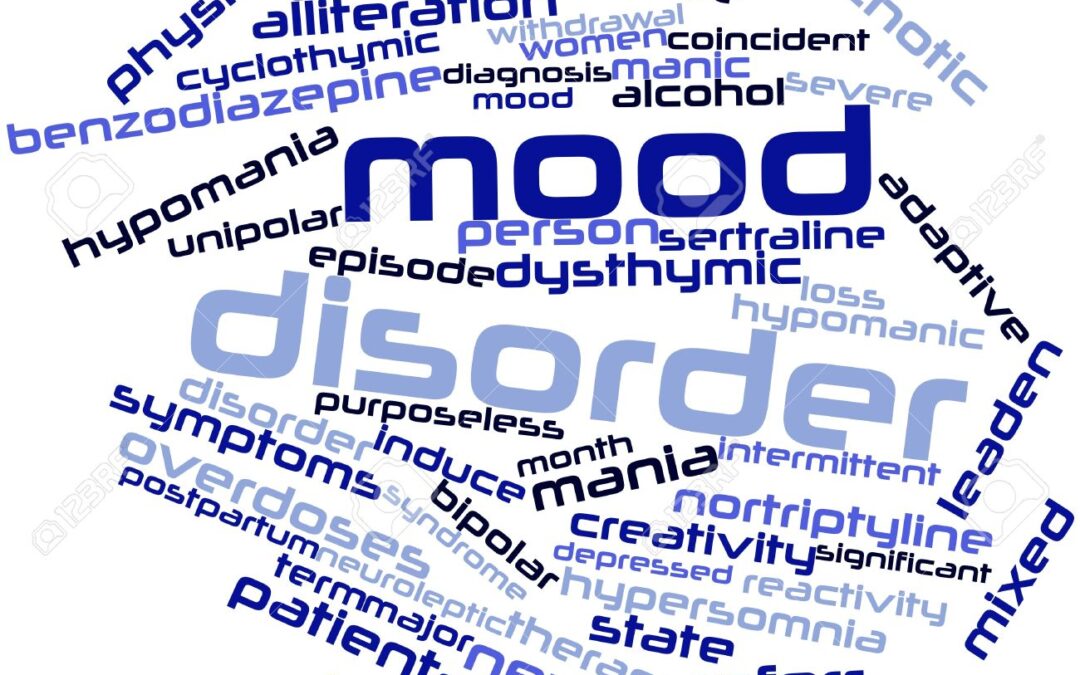Copper deficiency anemia is a lesser-known health issue that can have far-reaching consequences, not only on our physical well-being but also on our mental health and personality. In this post, we will explore the connection between copper deficiency anemia and mood disorders, shedding light on a topic that is often overlooked.
Understanding Copper Deficiency Anemia:
Copper is an essential mineral that plays a crucial role in various bodily functions, including the production of red blood cells. When copper levels in the body drop to an insufficient level, it can lead to a condition known as copper deficiency anemia. Common causes include malnutrition, gastrointestinal disorders, and excessive zinc intake, which can interfere with copper absorption.
Copper and Mood Disorders:
The relationship between copper deficiency and mood disorders is complex and multifaceted. While it may not be the sole cause, there is a growing body of research that suggests a correlation between copper levels and mental health. Here are a few ways in which copper deficiency may impact our mood and personality:
- Neurotransmitter Regulation: Copper is involved in the regulation of neurotransmitters like dopamine and norepinephrine, which play a significant role in mood control. A deficiency in copper may lead to imbalances in these neurotransmitters, potentially contributing to mood disorders such as depression and anxiety.
- Copper and Brain Health: Copper is essential for the development and maintenance of the brain. Insufficient copper levels can impair cognitive function and lead to cognitive decline, which can manifest as changes in personality and behavior.
- Inflammation: Copper deficiency may lead to increased inflammation in the body, which has been linked to various mood disorders, including bipolar disorder.
- Oxidative Stress: Copper is a cofactor for enzymes that combat oxidative stress. A deficiency in copper may result in an inability to counteract the harmful effects of oxidative stress, potentially affecting mental well-being.
- Fatigue and Anemia: Copper deficiency anemia can cause fatigue and weakness, which can impact one’s mood and overall disposition.
Copper deficiency anemia is a condition that, when left unaddressed, can have a significant impact on both physical and mental health. While it’s essential to recognize the potential connection between copper deficiency and mood disorders, it’s important to approach this relationship with caution. If you suspect you may be dealing with copper deficiency, consult a healthcare professional for proper diagnosis and treatment. Always seek expert guidance when addressing physical and mental health concerns, and remember that a multitude of factors can contribute to mood disorders and personality changes.
